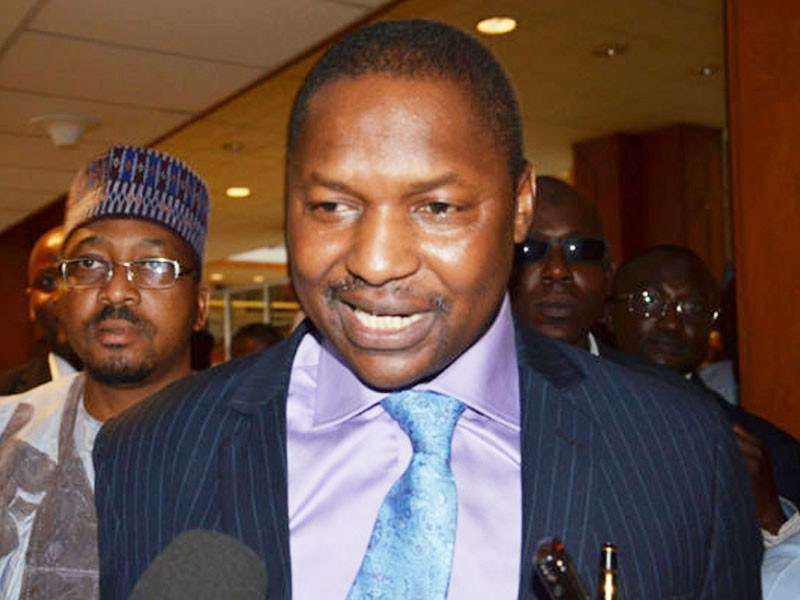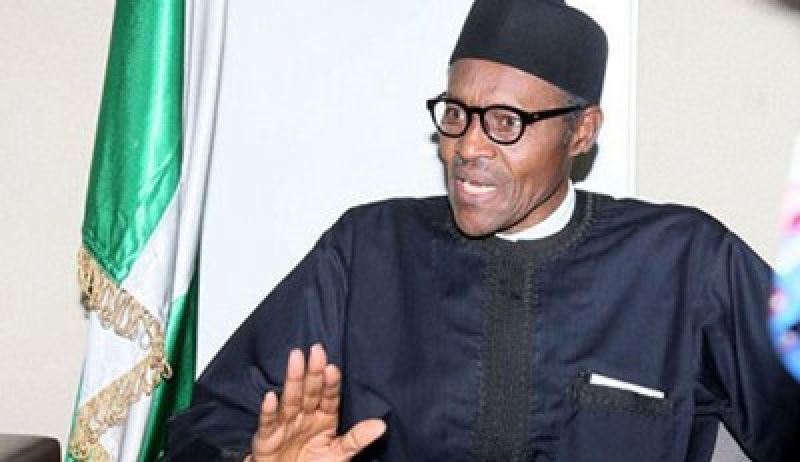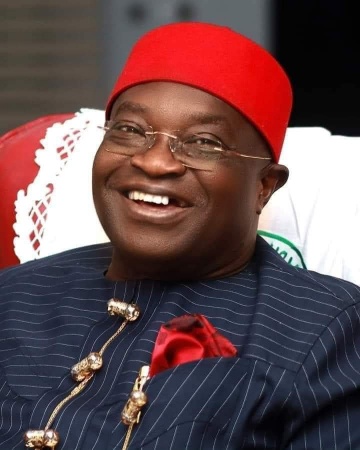Trump rejects framework for Middle East peacemaking
Posted by FactNews | 7 years ago | 2,439 times
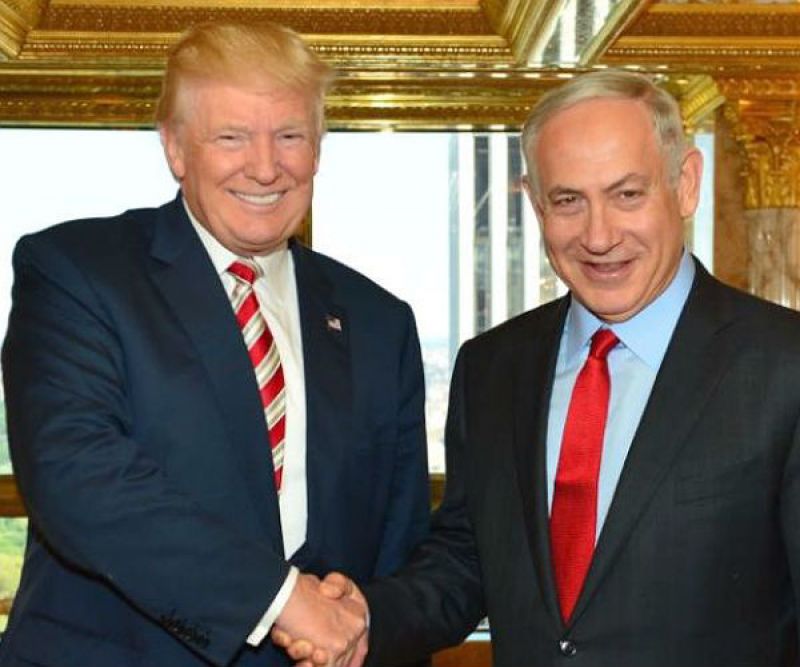
President Donald Trump rejected the long-established US framework for Middle East peacemaking at a White House visit with Israeli Prime Minister Benjamin Netanyahu Wednesday as he announced his desire to reach “the ultimate deal.”
In staking his claim to a prize that has eluded many a leader before him, Trump previewed the nascent outlines of an approach that if he sticks with it, ditches bipartisan orthodoxy, borrows some old ideas and, Middle East experts say, will be no easier to pull off now than in the past.
As Trump declared his deep support for the Jewish state, he abandoned the bedrock principle that the solution to the Israeli-Palestinian conflict will come via two states for two peoples.
Instead, he referred to the possibility of an Arab-backed peace process, an idea that’s been floating around since the beginning of this century without producing results.
“The United States will encourage a peace and really, a great peace deal,” Trump declared at a news conference alongside Netanyahu. “We’ll be working on it very, very diligently.”
Asked whether he was abandoning the idea of a two-state solution, Trump said, “I’m looking at two-state and one-state, and I like the one that both parties like.”
He continued, “If Israel and the Palestinians are happy, I’m happy with the one they like the best.”
He also said at one point, “It is the parties themselves that must directly negotiate. Both sides will have to make compromises.” Then turning to Netanyahu, he added a question: “You know that, right?”
The night before Netanyahu’s arrival at the White House, senior administration officials cast doubt on the two-state solution, which the international community still holds as the basic foundation of any agreement.
The US explicitly called for that arrangement under Republican President George W. Bush and Democratic President Barack Obama.
The Trump official’s comments drew a response from PLO Executive Committee Member Hanan Ashrawi, who said that if Trump was “trying to create alternative realities, then he should spell out what the options are.
A one-state solution would require equal rights and citizenship for all, unless he is advocating an apartheid state.”
There are growing questions about whether a two-state solution is even possible, given Israel’s continued settlement building, said Diana Buttu, a former spokeswoman for the Palestinian Liberation Organization who now teaches at Harvard University.
Since Trump’s inauguration, Israel has announced 6,000 new settlement homes and legalized settler outposts in the West Bank.
“They’ve done that for 20 years, say they want a two-state solution, build settlements and destroy Palestinian homes,” Buttu said. “That’s not the behavior of someone who wants peace.”
As a result, young Palestinians are “increasingly talking very openly about a struggle for one person, one vote,” Buttu said.
Many Israelis, on the other hand, say that the Palestinians haven’t warmly embraced a two-state solution either, pointing to polls showing that the idea has dropping support among the Palestinian public and arguing that its leaders haven’t been willing to participate in the direct talks needed to reach an agreement.
Netanyahu, who endorsed the idea of two states in 2009 under pressure from the Obama administration, sidestepped questions about whether he still supports the concept Wednesday, saying instead he wanted to avoid “labels” and talk substance.
This idea is for Palestinians to recognize Israel as a Jewish state and the need for Israel to have overriding security control.
It’s not clear how Netanyahu is going to persuade them to come to the table.
He also didn’t give a direct response when asked whether he would comply with Trump’s request at the news conference that he “hold back” on settlement expansion.
Source: CNN
Readers Comments
comment(s)
No comments yet. Be the first to post comment.
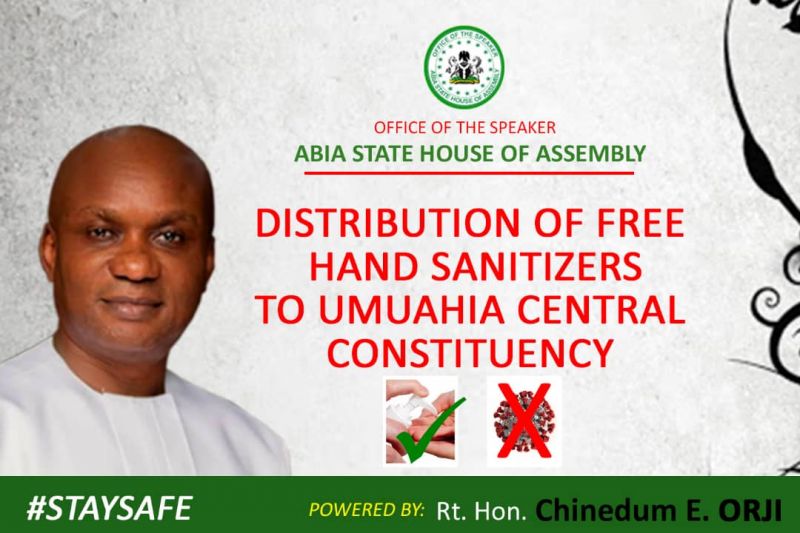


_1.jpg)

